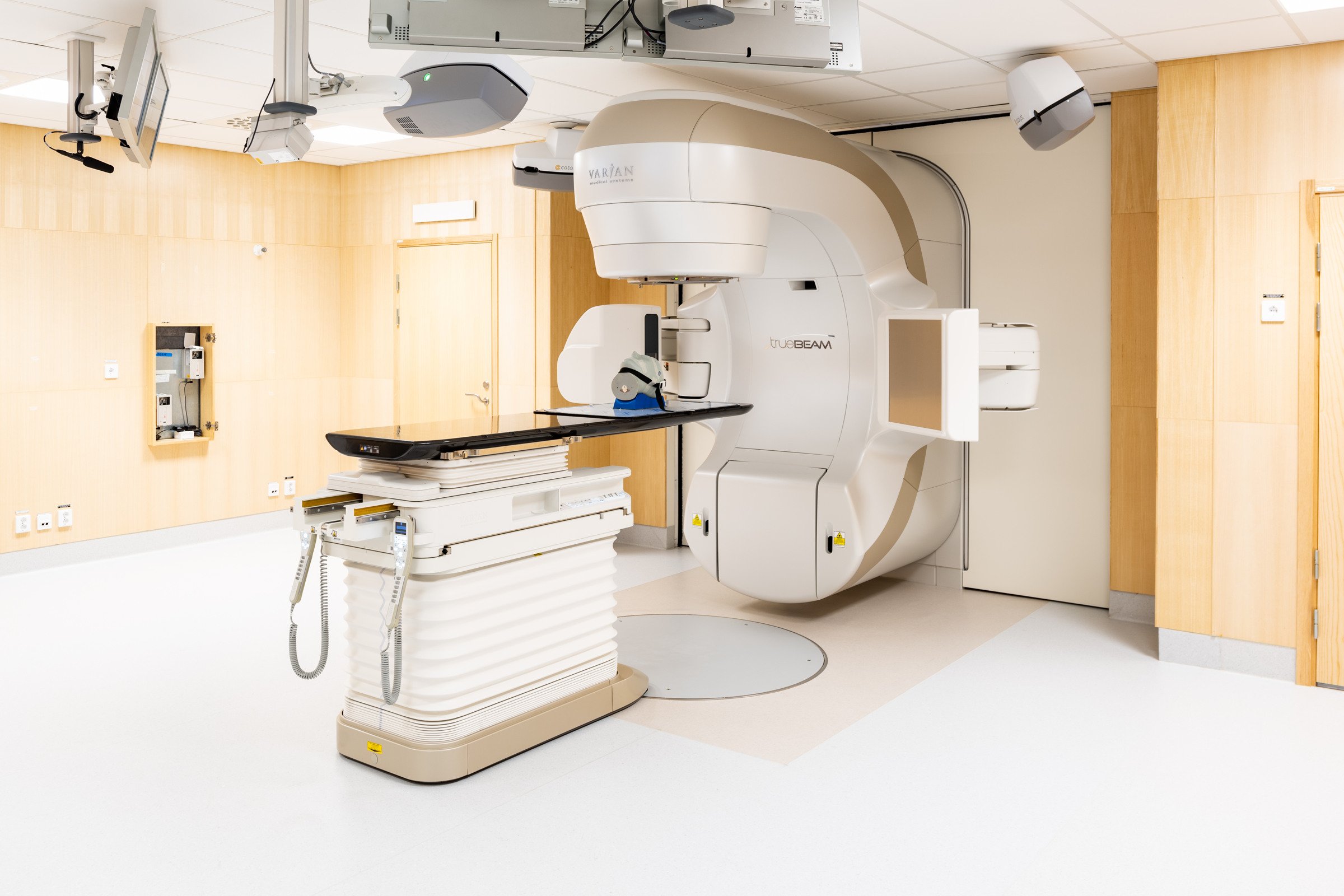Endometrial Cancer
Endometrial cancer originates in the endometrium, the lining of the uterus, and is one of the most common gynecological cancers. It often presents with early symptoms, such as abnormal uterine bleeding, which facilitates early detection and generally results in a favorable prognosis. The disease primarily impacts older women, particularly those with other health conditions, necessitating personalized treatment plans based on each patient's overall health and tolerance.
Obesity is a significant risk factor for endometrial cancer and can contribute to its development even in younger women. Effective management of endometrial cancer often involves a combination of surgery, radiation, and hormone therapy, with treatment strategies tailored to individual patient needs to optimize outcomes and quality of life.
